The following tabs are designated for pedagogy, societal impact, and websites that offer supplementary resources.
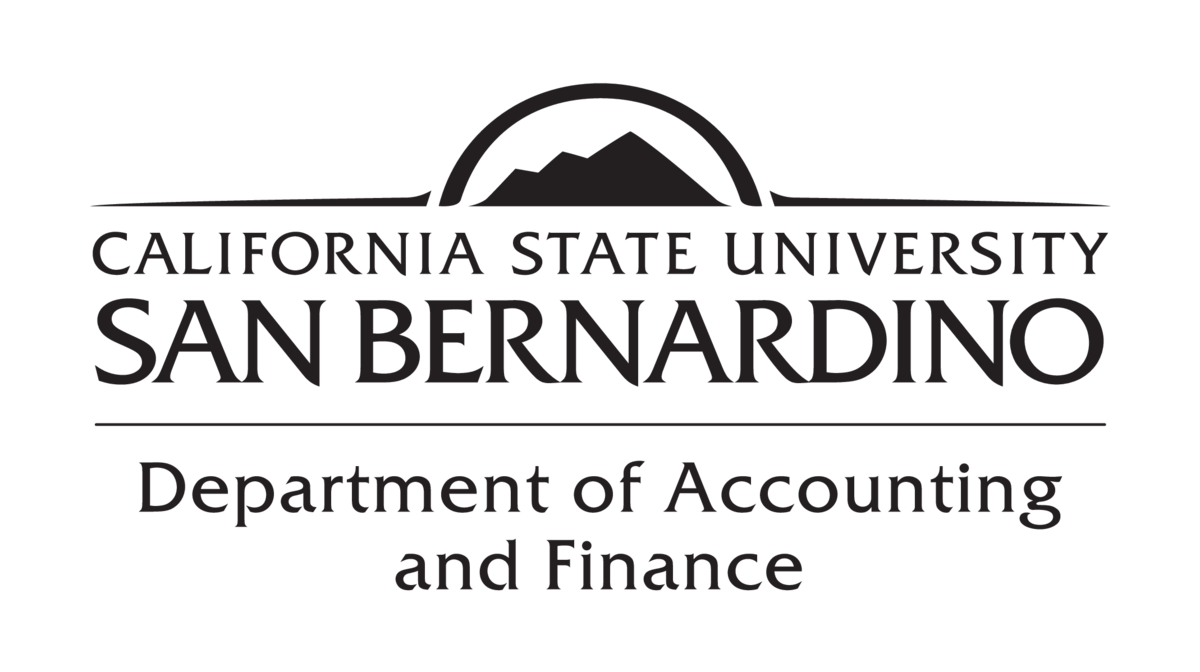
- Accounting for Sustainability is a platform that empowers finance leaders to drive the transformation toward resilient business models and a sustainable economy. It inspires action and promotes best practices in sustainability within the financial sector.
- EY Academic Resource Center is a state-of-the-art virtual resource center which provides staff from non-profit, higher education institutions with free, leading-edge resources to prepare students for the fast-changing, global marketplace.
- International Federation of Accounting. IFAC, by connecting and uniting its members, makes the accountancy profession truly global.IFAC member organizations are champions of integrity and professional quality, and proudly carry their membership as a badge of international recognition.
- At Accountancy Age, we go beyond the numbers to deliver the latest news and analysis, intelligence and resources, and job opportunities to UK accountants in both practice and industry, fostering an informed and engaged community in the accountancy sector.
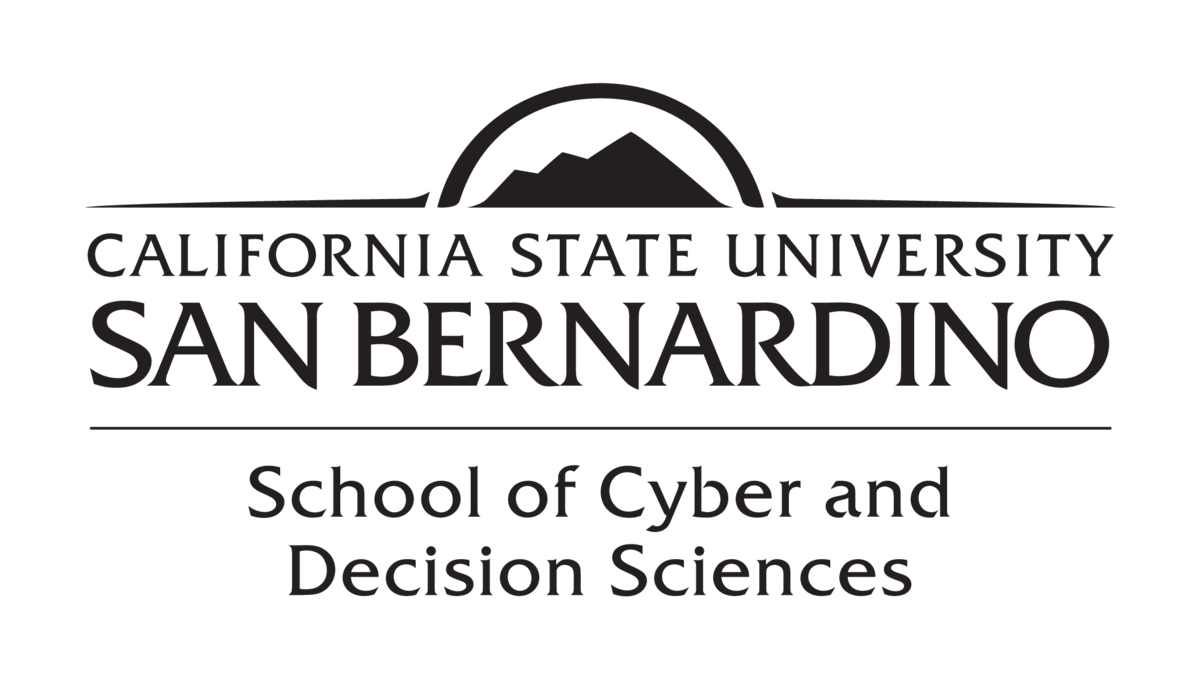 Informs In this OM Forum contribution, the author asserts that Operations Management research often neglects positive societal impact due to irresponsible practices.
Informs In this OM Forum contribution, the author asserts that Operations Management research often neglects positive societal impact due to irresponsible practices.
- An introduction to decision science for conservation. This article enhances decision science in biodiversity conservation by clarifying terms and addressing training gaps, emphasizing a practical, structured approach.
- Integrating principles and tools. This study collaborates with North Carolina to create a framework for prioritizing ecosystem restoration, focusing on multi-objective decision-making and future risks.
- Effective cybersecurity practices, such as strong passwords and multi-factor authentication, are vital for protecting against threats. As technology becomes more integrated, developing effective cybersecurity strategies for critical systems is essential.
-
Now corporate boards have responsibility for cybersecurity, too. The U.S. SEC's new ruling mandates public companies disclose their board members' cybersecurity expertise and oversight.
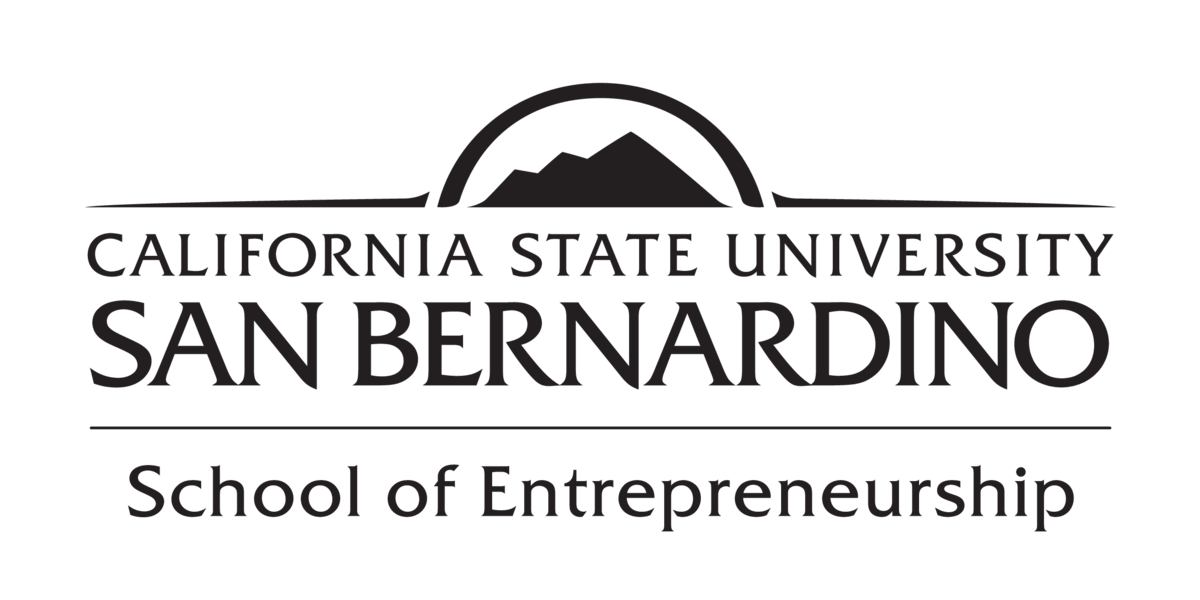
- Taming Unicorns: Toward a New Normal of Responsible Entrepreneurship.This paper explores the foundations of "unicorn startups" and advocates for responsible venture creation that balances positive disruption with societal governance reform.
- Innovation can offer significant benefits to society, businesses, and the environment, but it also raises socio-ethical concerns, especially regarding privacy, data ownership, and the role of technology in society.
- Responsible entrepreneurship. This study highlights how responsible entrepreneurship boosts performance through social innovation, especially in firms committed to Sustainable Development Goals (SDGs).
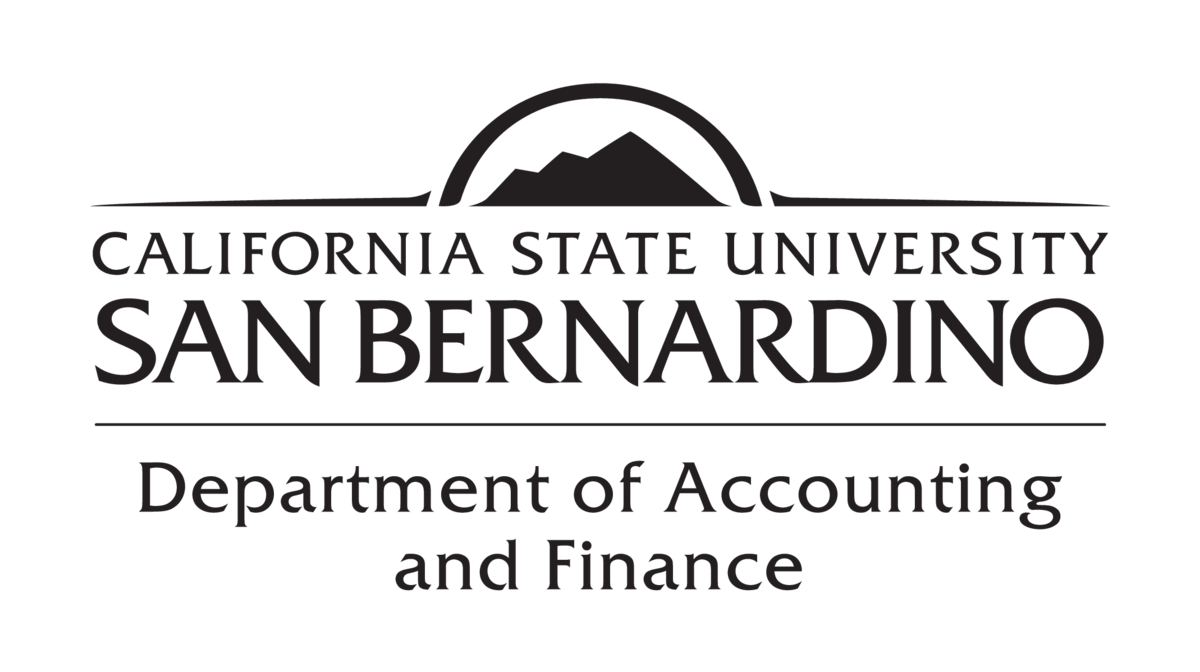
- Future of Finance: Moving beyond traditional boundaries. Finance professionals now work across traditional boundaries, embracing creativity, innovation, and skills like communication and empathy.
- Responsible finance and its role in improving financial resilience and well-being. This underscores the need for better financial practices to enhance resilience.
- Initiative on Responsible Finance. The Initiative on Responsible Finance aims to be an interface for research, teaching, outreach, and engagement activities on finance and sustainability at the Cornell SC Johnson College of Business and across Cornell University.
- Social KPIs Matter: This discussion paper highlights current trends in the use of social key performance indicators (KPIs) in Sustainability-Linked Finance, with a focus on the infrastructure sector.
-
Briefing for Finance:Climate Action. The World Economic Forum's 2022 report cites climate action failure as the top risk, with extreme weather causing massive economic losses.

- The world sustainable hospitality alliance bring together engaged hospitality companies and the wider value chain along with strategic partners and uses the collective power of the industry to deliver impact locally and on a global scale.
- The hospitality sector faces a new era of recovery, where sustainability has become a top priority for both business and leisure travelers, with a focus on reducing carbon emissions and aligning with consumer values.
- Environmental and economic sustainability boost customer satisfaction and loyalty, while social sustainability enhances satisfaction but lowers willingness to pay.
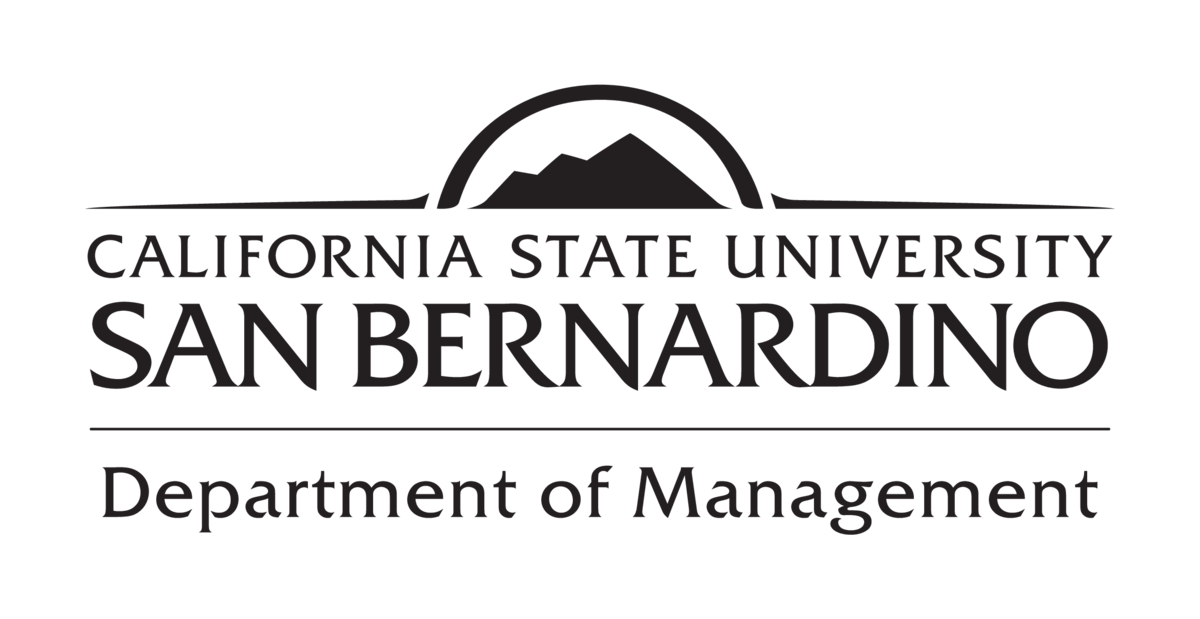
- This study reviews literature on sustainable human resource management from 2001 to 2018, focusing on themes like sustainable leadership, HRM’s link to environmental sustainability, and the balance between short-term profit and long-term sustainability.
-
Sustainability Is About Your Workforce, Too. Companies are hiring chief sustainability officers to lower carbon emissions and manage climate risks. As the EU enacts workforce protection laws, sustainability must include diversity, inclusion, and fair pay, requiring collaboration between HR and sustainability leaders.

- Boards and management should navigate stakeholder pressures on issues like climate, sustainability, and DEI by adopting long-term, balanced strategies that prioritize sustainable value creation and collaboration, in line with principles outlined in The New Paradigm.
- This article presents six distinct conceptualizations of responsible management from academic pioneers, highlighting their unique contributions to a multifaceted understanding of the field by examining managerial agency, responsibility managed, sphere of responsibility, and management process.
- What Ethical Considerations Arise When Pursuing Sustainability Solutions? Ethical sustainability balances present needs with future impact, demanding justice, equity, and deep moral reflection in solution design.
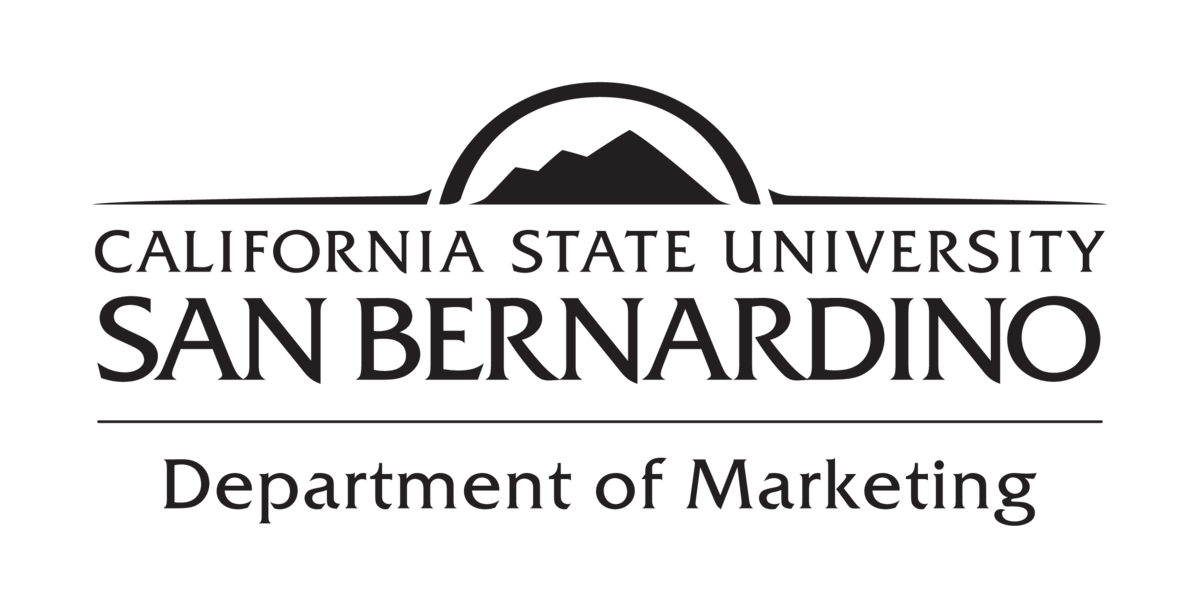
coming soon....
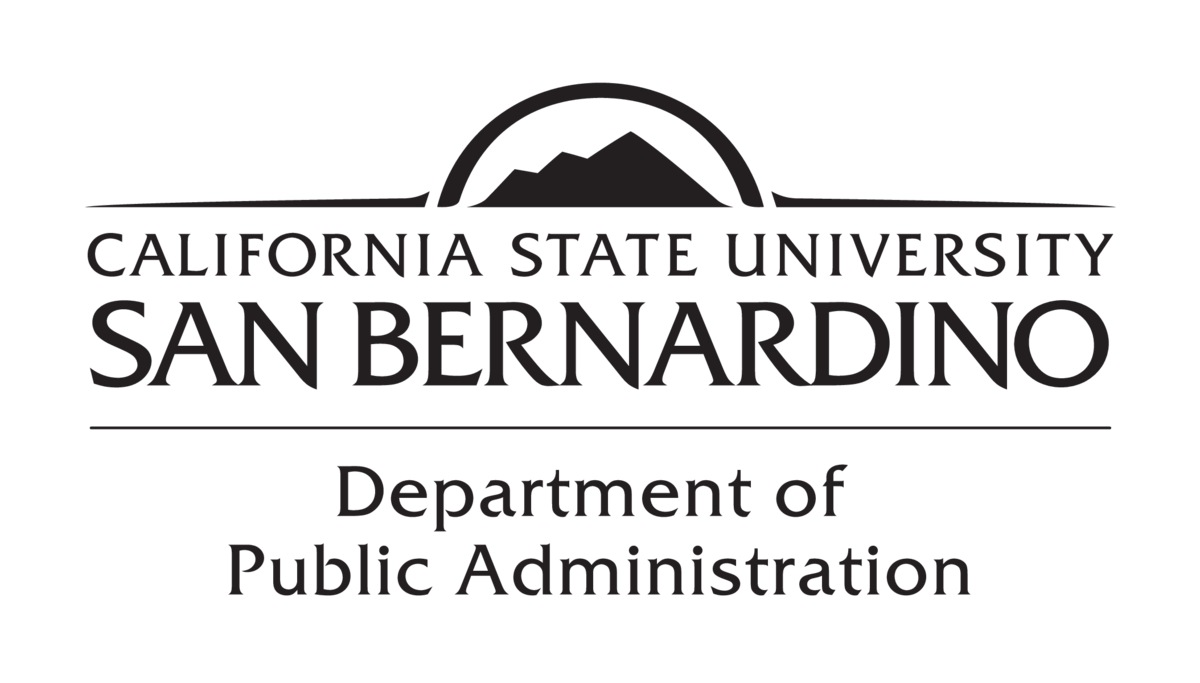
-
Creating City Portraits. This guide was created to make the City Portrait methodology freely available, helping others easily apply the Doughnut model to their city or place.
- Performance Management, Impact Measurement and the Sustainable Development Goals: The article proposes a model focused on the internal and external impacts of organizational activities through the lens of the UN's Sustainable Development Goals (SDGs), potentially marking the beginning of the fourth wave of integrated social accounting.

- What is Sustainable Supply Chain Management? Across the globe, corporations are pledging to work only with first tier suppliers who are committed to supply chain sustainability, and who ask the same from their suppliers.
- This guidance focuses on assessing biodiversity in supply chains, with fictional business examples (apparel, chocolate, and technology companies) to illustrate how to apply the principles. It highlights the importance of prioritizing significant impacts and dependencies in supply chains and provides tools for assessment.
- Women-owned businesses and the supply chain. Infrastructure companies and urban service providers benefit from working with a diverse supply chain, including women-owned businesses, as it strengthens supply chains, reduces procurement costs, and fosters local economic development.
- The growing demand for socially responsible supply chain management is driven by pressures from governments, shareholders, consumers, and civil society to protect workers' rights and ensure ethical practices. Companies are increasingly adopting tools that go beyond social compliance audits, focusing on real-time transparency, ethical sourcing, and grievance mechanisms to address labor exploitation.
- The integration of sustainability into engineering and fundamental study programs presents challenges, particularly in how to highlight sustainability aspects and evaluate them within these fields.
- Helping students master world of AI chatbots like ChatGPT, while offering tremendous potential, have raised concerns about misinformation, critical thinking erosion, and false claims, as seen in academic and legal contexts.
- The Hoffmann Global Institute for Business and Society collaborates with Decision Sciences professors to integrate sustainability into management education, emphasizing the importance of decision-making in addressing climate change and promoting long-term, fair outcomes.